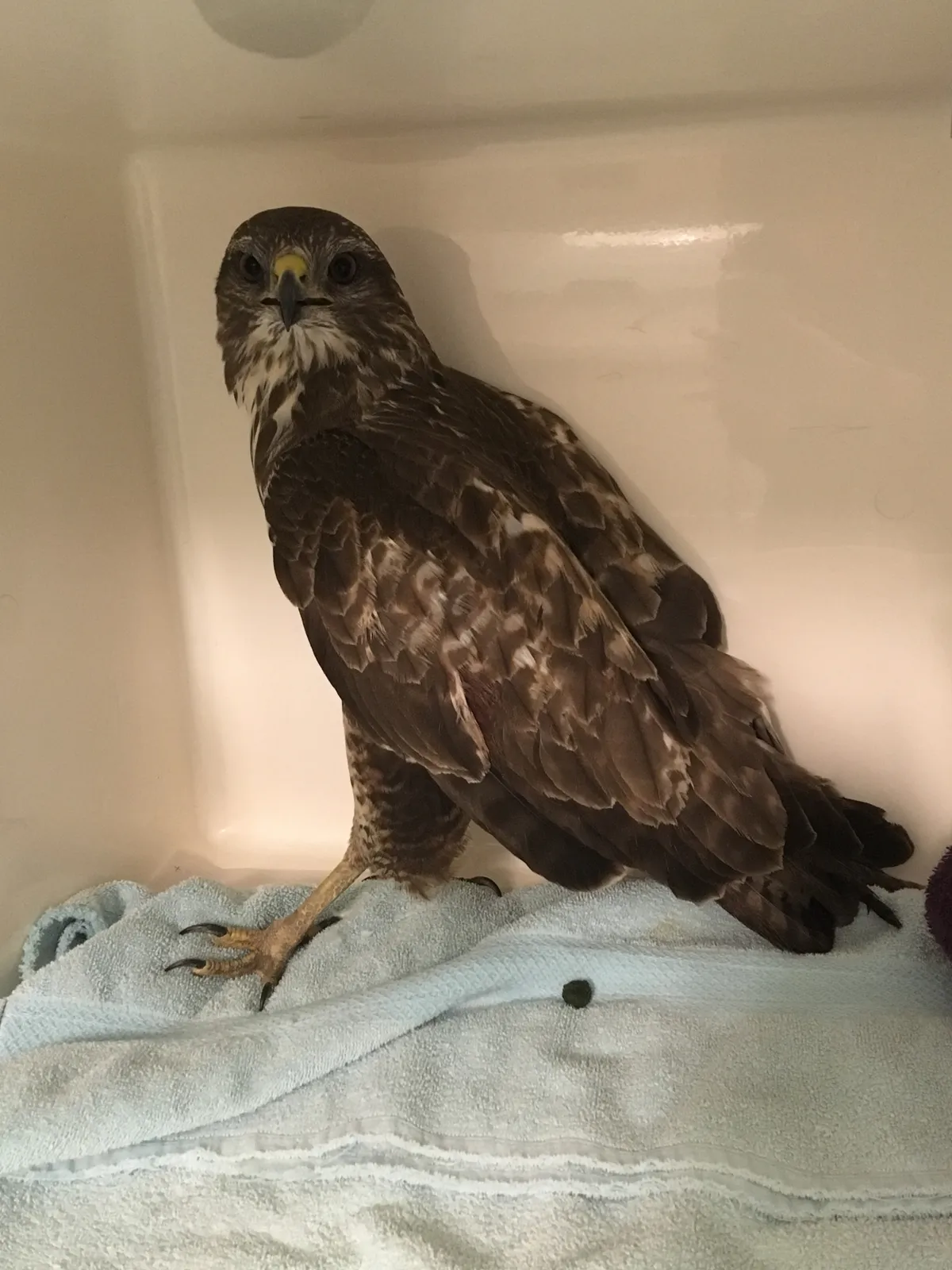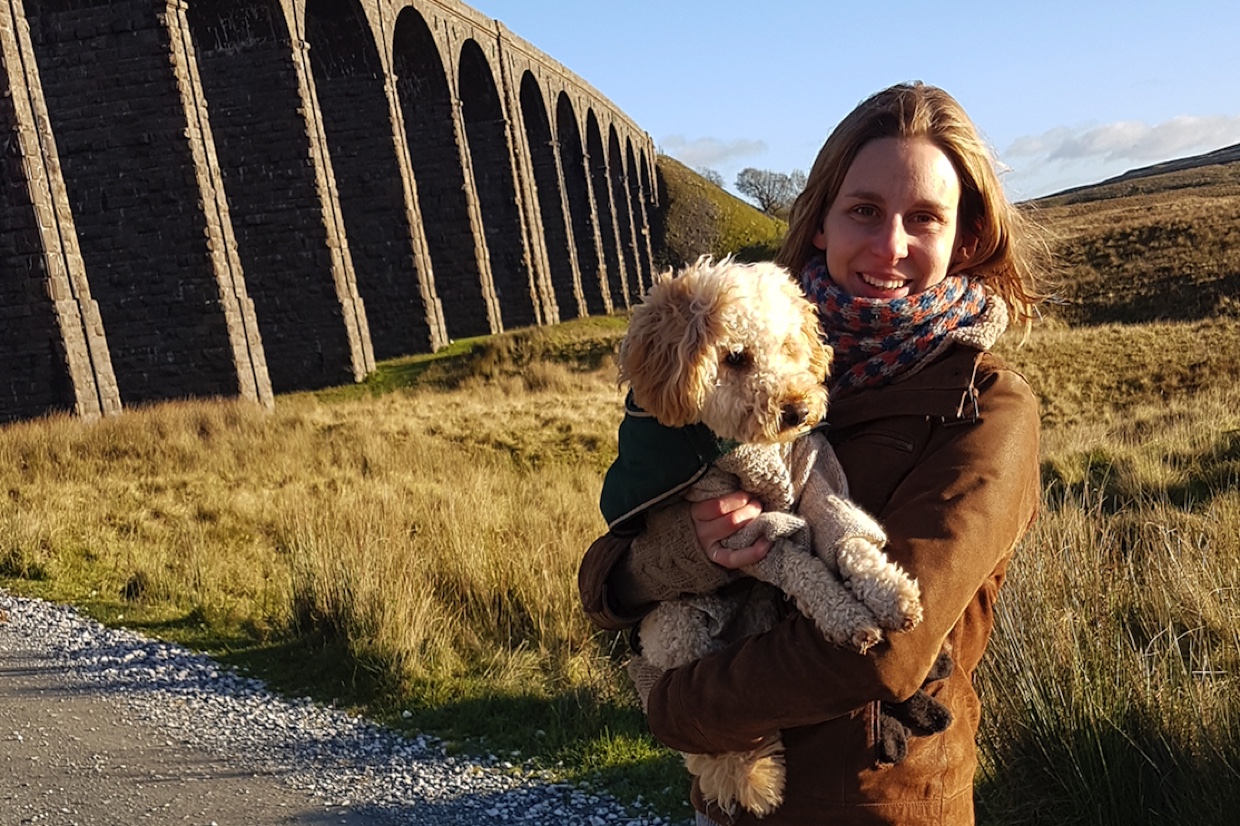The RSPB has been inundated with reports of birds of prey being illegally killed since lockdown began.
Police have been called out to investigate multiple cases involving the shooting, trapping and suspected poisoning of birds of prey across the country, with the charity stating that the majority of these incidents were on or near land managed for game bird shooting.
Some birds of prey feed on pheasants and grouse that have been reared for sport shoots. Species that have been targeted include hen harriers, peregrines, buzzards, red kites, goshawks and a barn owl.
“It is clear that criminals on some sporting estates, both in the uplands and lowlands, have used the wider closure of the countryside as an opportunity to ramp up their efforts to kill birds of prey,” says Mark Thomas, head of the RSPB investigations unit.
“Spring is the time when birds of prey are most visible and therefore vulnerable, as they put on courtship displays, build nests and find food ready to breed. It is clear the criminal actions are targeted and malicious in nature, taking out birds before they have the opportunity to breed, often in areas where they have previously faced persecution.”
On 29 March, a buzzard was found shot at Shipton, near York, with its wing fractured. It was rehabilitated by a local wildlife expert and released.

Over the Easter weekend, a red kite was found shot dead near Leeds, with 12 shotgun pellets lodged in its body. The following weekend, wildlife presenter Iolo Williams also discovered a dead red kite in Powys, which had been shot.
In Scotland, the police are following up several bird of prey persecution cases and multiple reports of illegal trap use on grouse moors.
Superintendent Nick Lyall, head of the Raptor Persecution Priority Delivery Group, has been “sickened” by the number of cases. “I remain grateful to everyone involved in investigating these crimes, and thankfully in the vast majority of the cases I am aware of, it looks like some really good lines of enquiry are taking place which should lead to arrests and interviews.”
All birds of prey are protected by the Wildlife and Countryside Act 1981. To intentionally kill or injure one is a criminal offence and could result in an unlimited fine or up to six months in jail.
The Moorland Association, whose members include many shooting estates in England and Wales, says it condemns any illegal activity. “Any confirmed reports of raptor persecution are cause for concern,” says director Amanda Anderson. “The incidents specified near Leeds and York [by the RSPB] are clearly not on grouse moors, while reports we have from our members in the uplands have suggested that many birds of prey are in fact benefiting from the lockdown restrictions and the subsequent reduction in disturbance from members of the public.”
If you have any information about birds of prey being killed in your area, the RSPB advises calling the police on 101 or the RSPB’s confidential Raptor Crime Hotline on 0300 999 0101.
Main image: Red kite shot in Wales.


